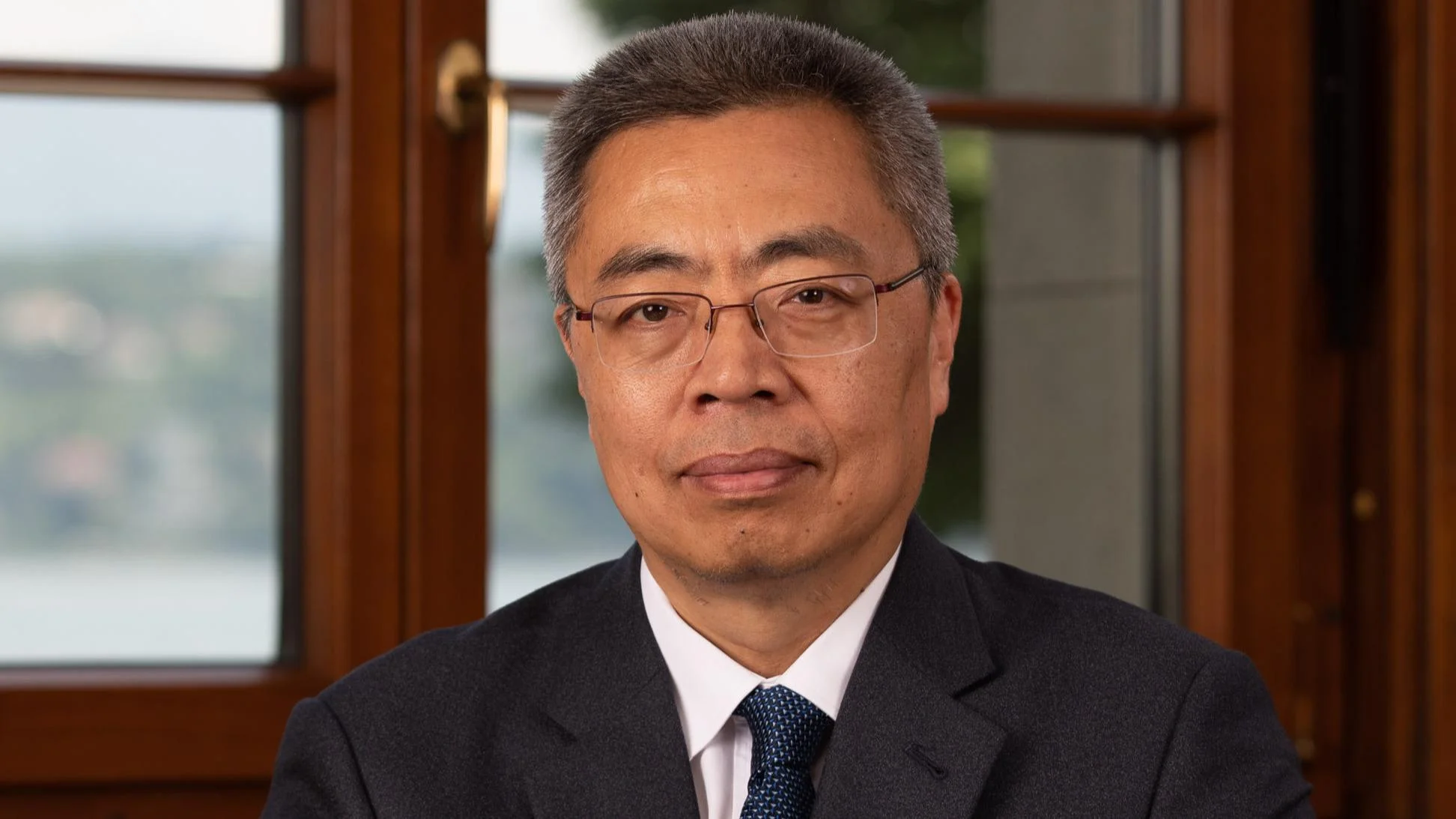Citing pressing concerns over the depletion of global fish stocks, Deputy Director-General Ellard has called for additional acceptances of the Fisheries Subsidies Agreement. According to data from the United Nations Food and Agriculture Organization, 38% of global fish stocks are presently overexploited. The restoration of these stocks to sustainable levels could result in an additional 16.5 million tonnes of fish annually, with economic benefits estimated at USD 32 billion. Ellard emphasized, “Sustainable fisheries are not only critical for biodiversity and food security but also for the economic viability of communities that depend on them."
Ellard recognized the recent advances, particularly the reduction in high-risk subsidies such as fuel support, a trend noted in the OECD’s 2025 Review of Fisheries. However, she expressed concern that 65% of global fisheries support remains at risk of promoting unsustainable fishing practices. She remarked, “Imagine what a positive difference we could make in improving fish stocks if we redeployed the USD 22 billion spent annually in harmful fisheries subsidies and instead dedicated these funds to fisheries management and improvement of fish stocks.”
The WTO Agreement on Fisheries Subsidies, adopted in 2022, aims to curb harmful subsidies linked to illegal, unregulated, and unreported fishing activities, overfished stocks, and unregulated high seas fishing. This initiative also seeks to preserve support policies beneficial to small-scale and artisanal fishers. So far, 95 WTO members have formally accepted the agreement, but 16 more are needed to meet the two-thirds threshold required for the agreement to take effect. Ellard urged, “We are so close. I urge the remaining members to ratify swiftly so we can celebrate this milestone together at the United Nations Ocean Conference in June.”
She highlighted the support available through the WTO Fish Fund for developing and least-developed country members to help implement the agreement and manage fisheries effectively once acceptance is formalized. Ellard mentioned that a second set of negotiations is underway to establish additional rules to address subsidies contributing to overcapacity and overfishing.
“We nearly reached consensus on a new text last December. A handful of members were not yet ready. But this remains within reach if members come together,” she mentioned. The negotiation chair, Ambassador Einar Gunnarsson of Iceland, is currently in dialogue with members to find common ground and push for progress before the summer.
Ellard concluded with a call for multilateral cooperation with organizations like OECD, FAO, and the World Bank, emphasizing, "The future of our ocean and the resilience of coastal communities depend on what we do next."

